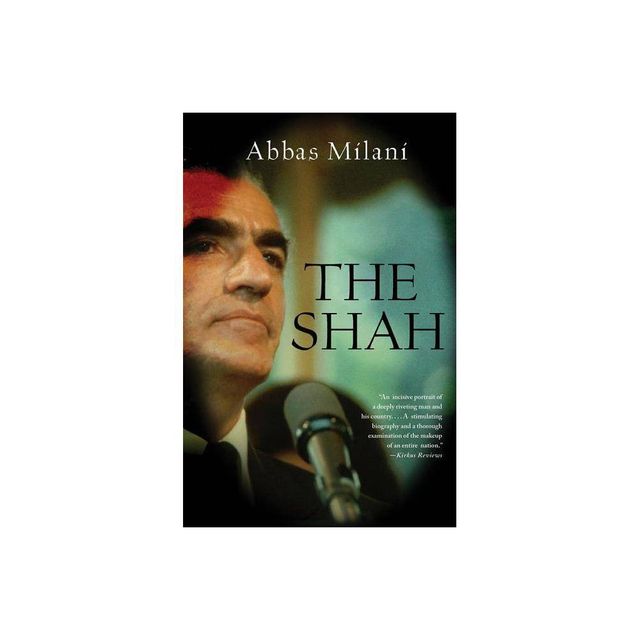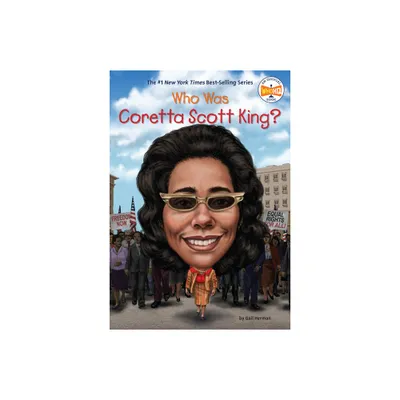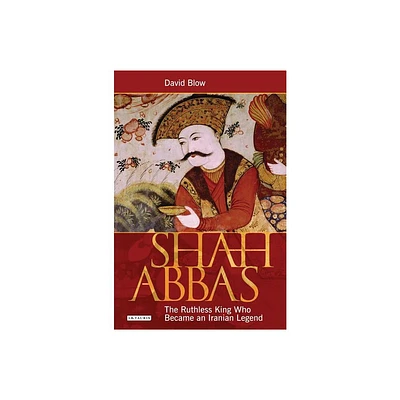Home
Shah Abbas: The King Who Refashioned Iran
Loading Inventory...
Barnes and Noble
Shah Abbas: The King Who Refashioned Iran
Current price: $40.00


Barnes and Noble
Shah Abbas: The King Who Refashioned Iran
Current price: $40.00
Loading Inventory...
Size: Hardcover
*Product Information may vary - to confirm product availability, pricing, and additional information please contact Barnes and Noble
SHAH
ʻ
ABBAS (1571–1629) is the most well-known king of Iran’s Safavid dynasty (1501–1722), ruling at the height of its power and prestige. When Shah ‘Abbas came to power his country was in chaos. Yet within eleven years he had regained territory lost to his enemies, moved his capital city and begun a transformation of Iranian society. Few aspects of life were unaffected by his policies and the new capital he built, the spectacular Isfahan, is still referred to as
nisf-i jahan
, or “half the world”, by Iranians today.
In this wide-ranging profile, Sholeh A. Quinn explores Shah
Abbas’s rise to power and his subsequent interactions with religious movements and artistic developments, reaching beyond the historical narrative to assess the true impact of the man and his politics. Thought provoking and comprehensive, this account is ideal for readers interested in uncovering the life and thoughts of a man who ruled during a period described by many as a golden age for the arts in Iran.
ʻ
ABBAS (1571–1629) is the most well-known king of Iran’s Safavid dynasty (1501–1722), ruling at the height of its power and prestige. When Shah ‘Abbas came to power his country was in chaos. Yet within eleven years he had regained territory lost to his enemies, moved his capital city and begun a transformation of Iranian society. Few aspects of life were unaffected by his policies and the new capital he built, the spectacular Isfahan, is still referred to as
nisf-i jahan
, or “half the world”, by Iranians today.
In this wide-ranging profile, Sholeh A. Quinn explores Shah
Abbas’s rise to power and his subsequent interactions with religious movements and artistic developments, reaching beyond the historical narrative to assess the true impact of the man and his politics. Thought provoking and comprehensive, this account is ideal for readers interested in uncovering the life and thoughts of a man who ruled during a period described by many as a golden age for the arts in Iran.


















